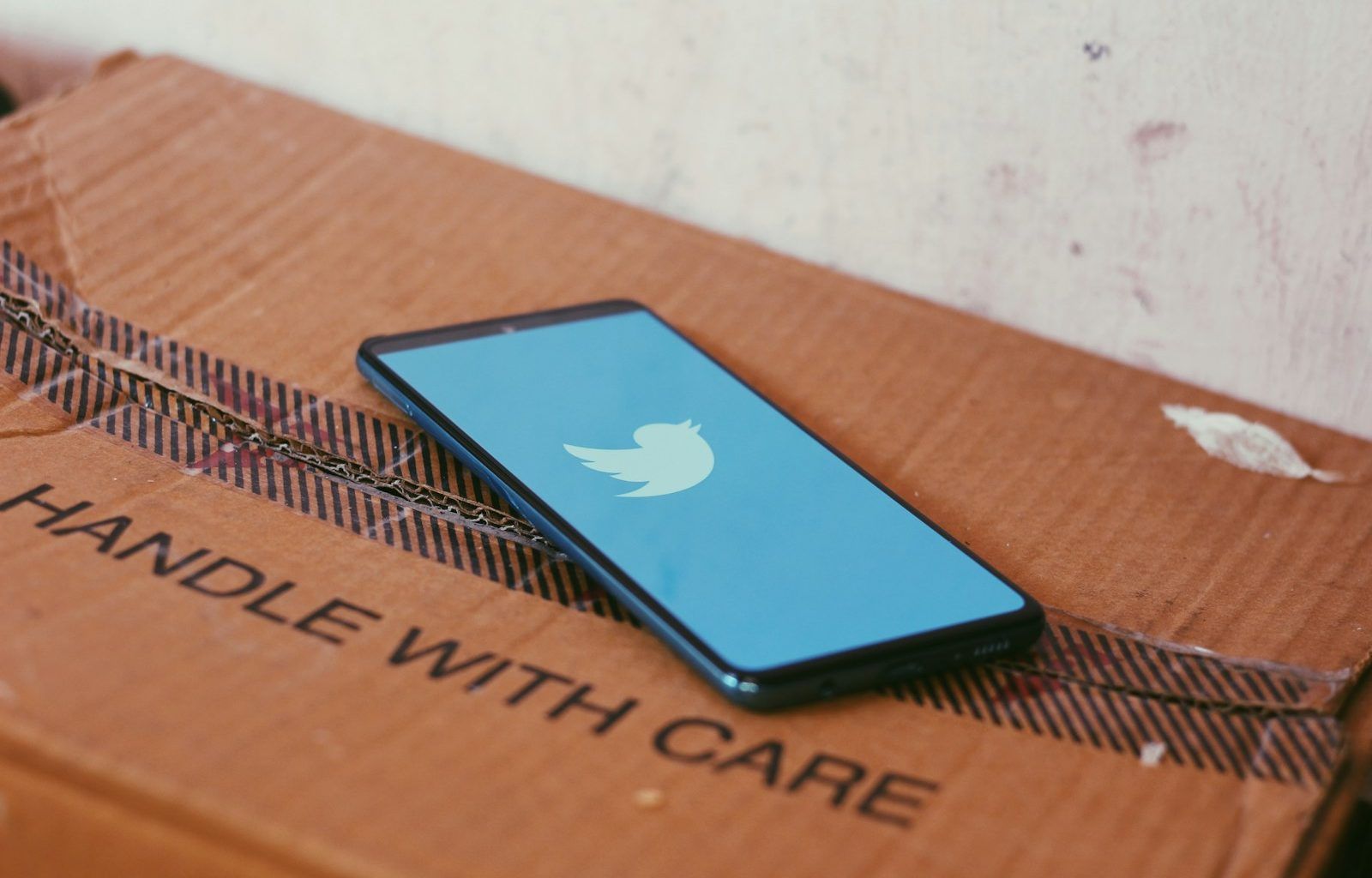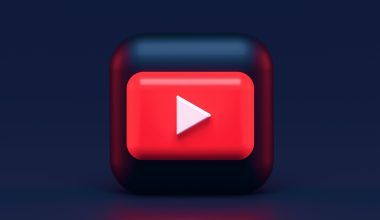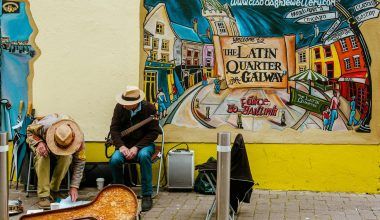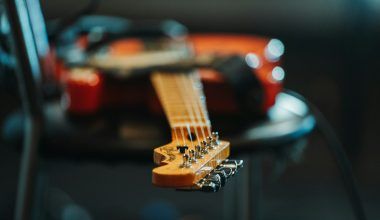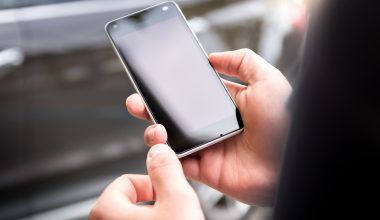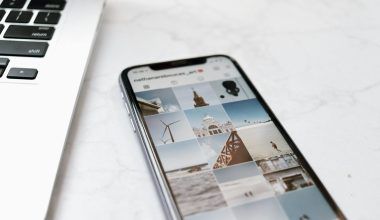In today’s world, social media is no longer just an option for musicians—it’s a must. Whether you’re a singer, a guitarist, or a producer, musician social media can help you connect with your audience, promote your music, and build your brand. But how do you use it effectively without feeling overwhelmed? Let’s break it down step by step.
As a musician, you’re already familiar with the idea of connecting with your audience. Social media takes this to a whole new level. It’s where fans go to discover new artists, learn about upcoming shows, and get a behind-the-scenes look at their favorite bands. If you’re not on social media, you’re missing out on a massive opportunity to grow your fan base.
Platforms like Instagram, TikTok, and Twitter are designed to amplify your reach. They let you share your music, interact with fans, and even collaborate with other artists. And the best part? You don’t need a huge budget to make an impact. A creative post or a catchy video can go viral and put you in front of millions of potential fans.
Choosing the Right Platforms
Not all social media platforms are created equal. As a musician, it’s important to focus on the platforms where your audience hangs out. Here are some of the most popular options:
Instagram is perfect for sharing visually appealing content. From concert photos to studio sessions, this platform lets you showcase your personality and your work. Use stories and reels to share short, engaging clips that highlight your music or your creative process.
TikTok
If you’re looking for a platform with massive viral potential, TikTok is the place to be. Musicians have used it to launch careers, thanks to its algorithm that prioritizes entertaining and shareable content. Think about how your music can fit into trending challenges or how you can create your own unique trend.
Twitter is great for building a personal connection with your audience. Share your thoughts, engage in conversations, and keep your fans updated on what you’re working on. Don’t underestimate the power of a witty tweet or a heartfelt message.
YouTube
YouTube is the go-to platform for music videos and longer content. Whether it’s a behind-the-scenes vlog, a live performance, or a full music video, YouTube lets you showcase your talent in a more in-depth way.
Facebook may not be as trendy as other platforms, but it’s still a valuable tool for reaching certain audiences. Use it to create events, share updates, and interact with fans in groups.
Creating a Content Strategy
Once you’ve chosen your platforms, it’s time to plan your content. A good social media strategy balances promotion with engagement. Here are some tips to get started:
This one’s obvious, but it’s worth mentioning. Post links to your latest singles, albums, or playlists. Use teasers to build anticipation for upcoming releases. Share clips from your rehearsals or performances to keep your music front and center.
Engage With Fans
Social media isn’t just about posting—it’s about interacting. Reply to comments, answer questions, and thank your fans for their support. The more engaged you are, the more loyal your fans will become.
Show Your Personality
Fans love getting to know the person behind the music. Share personal stories, hobbies, or funny moments. This helps your audience connect with you on a deeper level.
Collaborate With Others
Collaborations are a fantastic way to reach new audiences. Team up with other musicians, influencers, or content creators to create something unique. Cross-promotions can introduce you to fans who might not have discovered you otherwise.
Hashtags are a simple way to increase the visibility of your posts. Research popular hashtags in your genre and use them to reach more people. Create your own hashtag for fans to use when they share your content.
Staying Consistent
Consistency is key when it comes to social media. Posting regularly keeps you on your fans’ radar and shows that you’re serious about your music. But consistency doesn’t mean you have to post every day. Find a schedule that works for you and stick to it.
Use tools like Hootsuite or Buffer to schedule your posts in advance. This helps you stay consistent without spending all your time on social media.
Measuring Your Success
How do you know if your social media efforts are paying off? Most platforms offer analytics tools that let you track your performance. Pay attention to metrics like likes, shares, and comments to see what’s resonating with your audience.
Engagement is just as important as follower count. A smaller, highly engaged audience is often more valuable than a large, inactive one. Use your analytics to refine your strategy and focus on what works.
Handling Negativity
musician social media isn’t always sunshine and rainbows. As your audience grows, you may encounter negative comments or criticism. The key is to handle it gracefully. Respond respectfully if the criticism is constructive. If it’s outright trolling, it’s okay to ignore or block the person.
Remember, you don’t have to please everyone. Focus on the fans who support and appreciate your work.
Final Thoughts
musician social media is a powerful tool for musicians, but it’s just one piece of the puzzle. At the end of the day, your music is what matters most. Use social media to amplify your talent, connect with fans, and create opportunities. With a little creativity and consistency, you can make social media work for you.
Keep experimenting, stay authentic, and have fun with it. After all, music and social media are both about connection, and that’s where the magic happens.
For further reading, explore these related articles:
- Which Song is Trending Now in India? A Journey Through Today’s Music
- Eminem’s Lose Yourself: A Song That Motivates the World
For additional resources on music marketing and distribution, visit DMT Records Pvt. Ltd..
